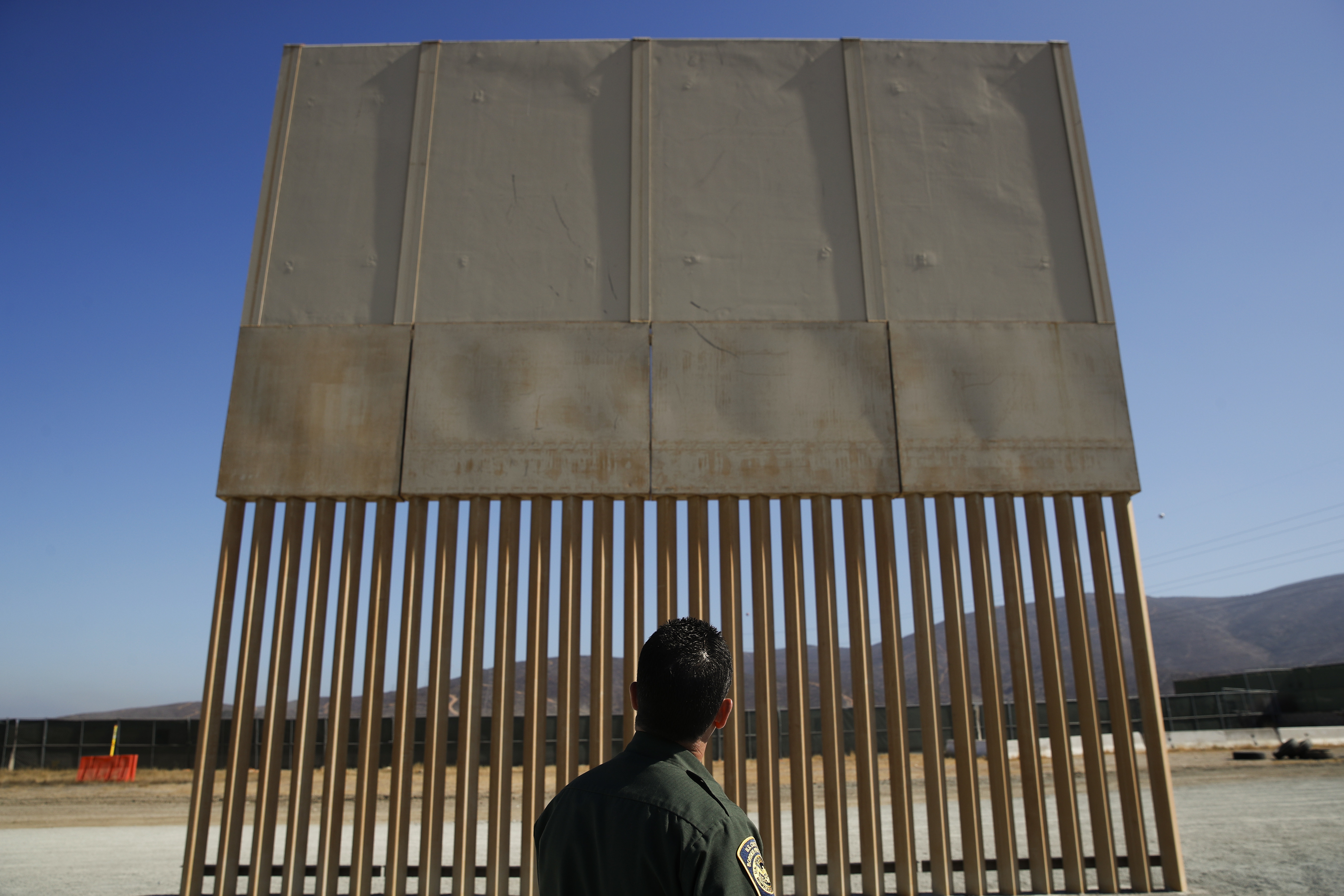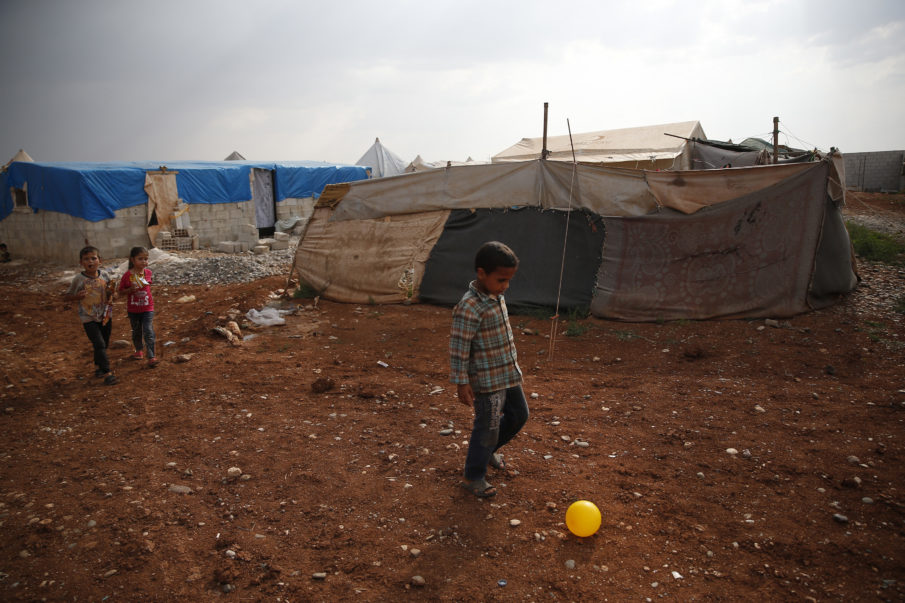Syrian Conflict
The Syrian War started in 2011 as an uprising and protests against the government of Syria led by Bashar al-Assad. Originally, the rebel forces were known as the Free Syrian Army but later splintered into several different groups, one of which is ISIL (the Islamic State of Iraq and the Levant). The conflict is complex, with several internal and external groups and nations fighting for control of Syria and Northern Iraq.
This conflict has grown in complexity with more groups and nations being pulled into it since the beginning in 2011, and all have participated in varying degrees. The major world players are Turkey, Iran, Iraq, Saudi Arabia, Israel, Lebanon, Russia and the United States. Some of the major non-state groups involved are; The Free Syrian Army, ISIL, the Kurds, and various other rebel groups.
Developments: Approximately 7,000 children have either been killed or injured, according to a U.N. report which has been ongoing since the start of the war. The Syrian Kurds have reportedly started talks for an eventual decentralized Syria with the Kurds having some autonomy in Northern Syria.
What to watch: There are a few things to look out for in the coming days and weeks with this conflict. Many are left to wonder what will happen to both the “White Helmets” who have left Syria as they flee to countries such as Germany, Britain and Canada as well as the hundreds of white helmet volunteers left to deal with Assad and the Russians who have retaken much of Syria back from the rebels.
The refugees who left Syria may be expected to return, though many will not want to due to possible reprisals from Assad. Russia has called for the return of many of the refugees, and it is not clear what will happen to them.
Analysis: The war itself seems to be winding down, and there is a lot of talk in regards to rebuilding Syria and who gets to rebuild. It is more than likely that Assad will not want much help from Western countries, and that he will prefer help rebuilding from Russia and China — both of which have interests in the Middle East. Russia has a military presence in Syria and they have a strategic reason for wanting Assad to remain in power. China has its reasons for wanting to help build Syria, such as a greater worldwide influence in foreign affairs as well as business aspirations.
With so many refugees coming back to the region, it would most likely be in the interest of the international community to help these displaced people enter back into the workforce and educate them. The alternative is that although badly defeated many times, ISIS is still a threat in that area of the world, and you must offer significant alternatives to keep people from being lured into extremist organizations such as ISIS or like-minded groups. This can create a breeding ground for more extremism with such large populations returning or even being discriminated against.
War in Donbass, Ukraine, Ukrainian/Russian conflict
This conflict started in March of 2014 when pro-Russian rebels in the Donbass (Eastern Ukraine) took control of government buildings after the successful annexation of the Crimea near the Black Sea by Russia. This conflict is complex with both Russian and Ukrainian forces involved as well as pro-Russian rebel groups and separatists as well as Ukrainian militia groups involved. The Russian government is also thought to have played a major role in large-scale election meddling and cyber attacks on Ukrainian power grids and infrastructure during this conflict.
Developments: Vladimir Putin has extended an invitation for President Trump to attend another meeting in Moscow. Last week’s update was that Vladimir Putin had sent a proposal to Trump for the War in Donbass, but there has not yet been any word on whether Trump has accepted or rejected the proposal.
There have been no reports of major fighting or casualties this past week in the Donbass region.
What to watch: The upcoming summit in Moscow, should President Trump accept, could be significant in regards to the War in Donbass. Look for either acceptance or rejection of the offer that Putin has supposedly made to Trump during the summit in Helsinki.
Analysis: This looks to be a difficult situation as the Ukraine is unlikely to accept anything the Russians offer. The Russians have successfully defended Bashar al-Assad, taken Crimea — acceptance of another referendum in this area may beg the question: at what point do you put your foot down and deny Russia what they want?
Afghanistan
For the United States, major operations started after the September 11, 2001 attacks from the Al Qaeda terrorist organization. Following the September 11 attacks which were planned and coordinated by Al Qaeda in Afghanistan, the United States attacked on October 7, 2001, in retaliation for the 9/11 attacks and has since been involved with the long conflict in Afghanistan. The conflict is now the longest in U.S. history and with thousands of troops still deployed it will take more time to ensure that it will not degrade back to a pre-9/11 condition, which was a hotbed of terrorist and extremist ideologies.
Developments: There have been reports of talks between the United States and the Taliban for peace after almost two decades of war. The talks were held informally at a hotel in Doha without the presence of any Afghan government official. However, the talks have not only indicated further meetings, but were seen as cordial and friendly and may possibly produce more formal talks and dialogue with the Taliban.
Afghanistan has also been suffering the worst drought it’s seen in years. Read more about it here.
Analysis: Keep on the lookout for possible further talks with the Taliban. If these reports are factually correct then there may be more to come, especially in a more neutral setting such as Doha.
Mexican Drug Wars
The Mexican Drug wars have been bloody for decades, but the modern drug war (as referred to in the media) was generally thought to have started in 2006 when Mexican President Felipe Calderón sent over 6,000 Mexican troops to his native state of Michoacán. As a result, the drug wars have gotten significantly worse, and tens of thousands of murders have occurred since then, which was a dramatic increase from before 2006. Mexico’s drug wars have claimed up to tens of thousands of lives a year, with many reports of escalating brutality such as beheadings and torture.
Developments: President Trump has threatened to shut down the government if the Democrats do not fund the border wall along with sweeping immigration reform. This border wall and proposed immigration reform will no doubt have a large effect on the cartels, as the majority of their business and money involves crossing and selling across the border.
What to watch: September 30, 2018 is the deadline for the funding.
Mexico has elected Andreas Manuel Lopez Obrador as new incoming President of Mexico, and is expected to take over 1 Dec., 2018. He is reportedly considering a big change in how Mexico deals with its drug cartels and war on drugs which have claimed hundreds of thousands of lives since major developments in 2006. He is considering a number of new strategies, such as more opportunities for the youth and scholarships to divert them away from drug cartels. He is also proposing more security at the ports, having the military move away from doing law enforcement and more emphasis on police taking over for law enforcement duties. This is according to Olga Sanchez, who is Obrador’s proposed interior minister.
Analysis: A proposal for such a large sum of money for the wall could mean a significant loss for the cartels; their major source of revenue is illegal drug trafficking through the borders. With increased security and border protection, it will be more difficult for them to ship the drugs across the borders — along with the amnesty for low level offenders in Mexico proposed by Obrador, they may lose both revenue and low level workers if both projects function as intended. One possibility for the cartels to make up that money is by increasing their sales to Europe by way of Africa, where they already have active routes.

Guest Author — William Bayless: William spent nine years on active duty in the Navy as an analyst, serving aboard the USS John F. Kennedy for two years as well as serving at duty stations in Maryland and the U.K. William has an MBA, an Associate Degree in Information Systems and a solid foundation of basic cybersecurity principles and concepts.
Featured image courtesy of the Associated Press: Syrian children play at a camp for internally displaced people on the outskirts of Jarablus, northern Syria, Wednesday, May 30, 2018. Life is coming back to Jarablus, the Syrian city on the west side of the Euphrates River, liberated by Turkey-backed fighters in 2016 after two years under the Islamic State group control. (AP Photo/Lefteris Pitarakis)










COMMENTS